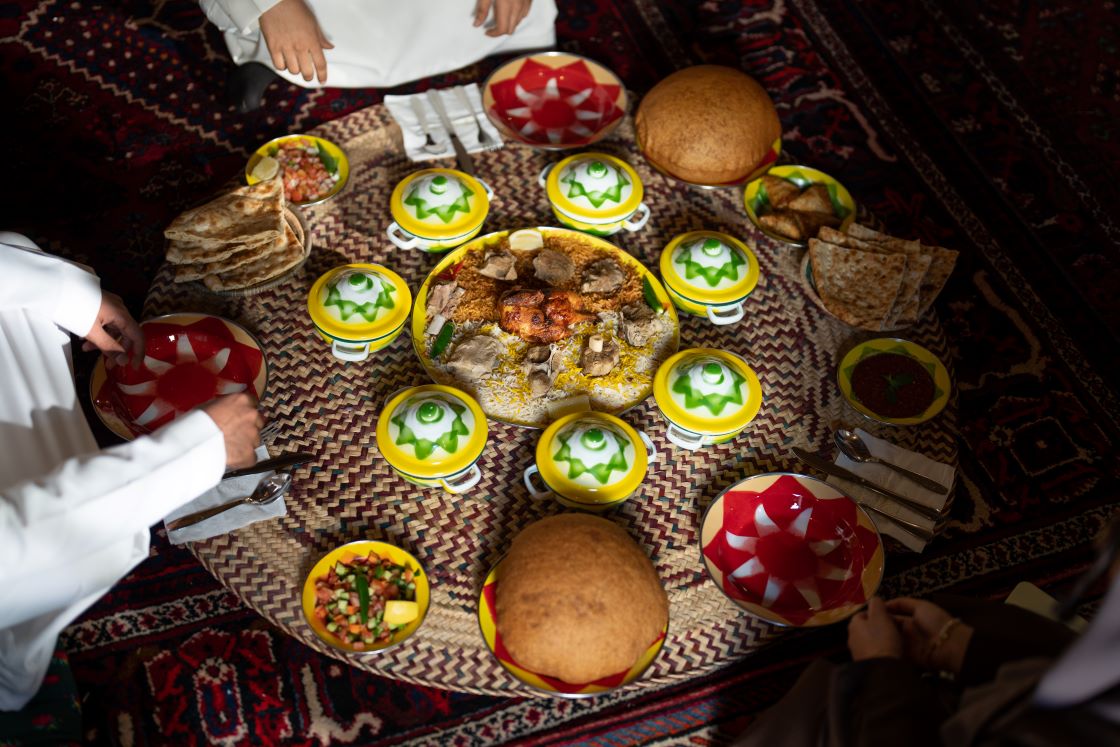Orange wine is, in essence, a white wine treated like a red wine: juice from white grapes spends time with the skins, leading to its characteristic sunset colour. The term “orange wine” isn’t officially defined, so it can mean different things to different winemakers.
Length of skin contact, grape varieties and aging techniques are all open to interpretation. Therefore, in terms of style, “you can do anything you want,” says Doreen Winkler, sommelier and owner of Diamond Sommelier Services. For example, “add an extra layer of texture or richness, or make a full-bodied wine.” And just like red wines, the skins can contribute extra flavours and tannins.

And some winemakers are excited: “It appeals to people who want to do things in a traditional, handcrafted way,” says Joe Campanale, who is the host of Heritage Radio Network’s “In the Drink,” as well as a New York City restaurant owner and the proprietor of Annona wines. One of the traditions Campanale is referring to actually dates back to about “8,000 consecutive vintages” in the Eastern European countries of Georgia and Slovenia. For generations, winemakers there have been aging wines in terra-cotta pots called amphora; buried deep in the ground, the wine matures in the cool, stable temperatures provided by the soil. Today, orange wines are not necessarily amphora-aged, but some modern winemakers are revisiting this method as part of the orange wine ethos.
The opportunity to experiment also intrigues some winemakers, not just in Georgia and Slovenia, but in Italy, Austria, California and elsewhere. “Every winemaker at some point learns what to do from someone,” says winemaker Steve Clifton of Palmina winery in Lompoc, California. “Whether going to UC Davis, or learning from someone you apprentice under, that sort of thing. When you start doing experiments like this, it teaches you what you can do instead of what you’re told you have to do. I think that opens up a lot of possibilities.”

She continues: "I’m all for experimentation, but not at the wine drinker’s expense. It's important to remember the wine drinker when making or selling these let’s-see-what-happens wine styles in which quality, faultlessness and style are very difficult or impossible to achieve. Zealots can have a tendency to bully unsuspecting new wine consumers into buying them only to have their confused patrons walk away questioning not only their interest in whatever they were made to buy, but their very love of wine."
Nevertheless, there's no denying that wine drinkers are curious about orange wines. But does that mean that orange wines here to stay? Winkler thinks it’s a growing category that will have a bigger presence on wine lists. Clifton thinks the pendulum will eventually swing back in the other direction if the style becomes too popular, explaining that “every generation of winemakers needs to find his niche...[they] have to buck what has become status quo.” Campanale, however, sees it remaining a curiosity — one that will continue to intrigue even in time to come.





















